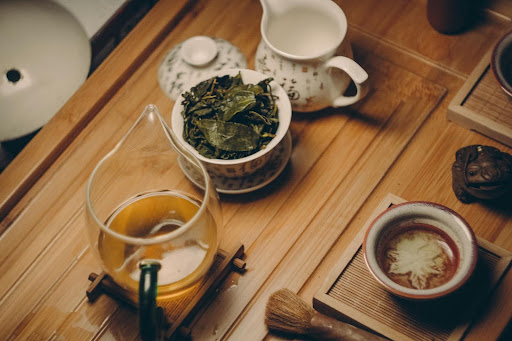Can You Influence Ageing at the Genetic Level?
Ageing is not just about wrinkles, grey hair, or feeling tired. It is a process happening deep within your DNA. While most people accept ageing as inevitable, scientific discoveries suggest that the speed at which we age is influenced by how well our body can repair itself at a genetic level.
This is where sirtuins, a family of longevity-related proteins, play a critical role. Among them, SIRT6 has emerged as a key regulator of DNA repair, energy metabolism, and inflammation control. Research now suggests that activating SIRT6 may slow ageing at a fundamental level, supporting cellular resilience and long-term health.
At DoNotAge.org, we are a Health Research Organisation funding and leading studies into the mechanisms of healthy ageing. This article explores how SIRT6 protects DNA, why its function declines with age, and how you can naturally activate it, including through SIRT6 Activator.
What Are Sirtuins and Why Are They Important?
Sirtuins are proteins that regulate key biological processes such as DNA repair, metabolism, and inflammation control. Known as longevity genes, they help protect cells from age-related damage.
The seven known sirtuins (SIRT1 to SIRT7) each have distinct roles, but SIRT6 is particularly important for DNA protection and lifespan extension.
How SIRT6 Protects Your DNA and Slows Ageing
Scientific studies highlight several ways SIRT6 contributes to cellular longevity:
- DNA Repair. SIRT6 helps fix damaged DNA, reducing genetic mutations that contribute to ageing and disease.
- Inflammation Control. SIRT6 helps suppress chronic inflammation, which is linked to cardiovascular disease, neurodegeneration, and arthritis.
- Energy Metabolism. SIRT6 regulates glucose and fat metabolism, supporting metabolic health and sustained energy levels.
- Telomere Maintenance. It slows the shortening of telomeres, which are protective caps at the ends of chromosomes that determine cellular lifespan.
- Mitochondrial Support. SIRT6 enhances mitochondrial function, reducing oxidative stress and promoting cellular efficiency.
SIRT6 activity naturally declines with age, which leaves cells vulnerable to damage and accelerates the ageing process.
What Happens When SIRT6 Declines?
As SIRT6 levels drop over time, the body experiences:
- More DNA mutations, increasing the risk of age-related diseases and cognitive decline.
- Weaker energy production, resulting in fatigue and metabolic slowdowns.
- Faster telomere shortening, leading to cellular deterioration.
- Increased inflammation, contributing to tissue damage and chronic disease.
This is why researchers are exploring ways to enhance SIRT6 activity as a strategy to support long-term health.
How to Naturally Boost SIRT6 and Protect Your DNA






